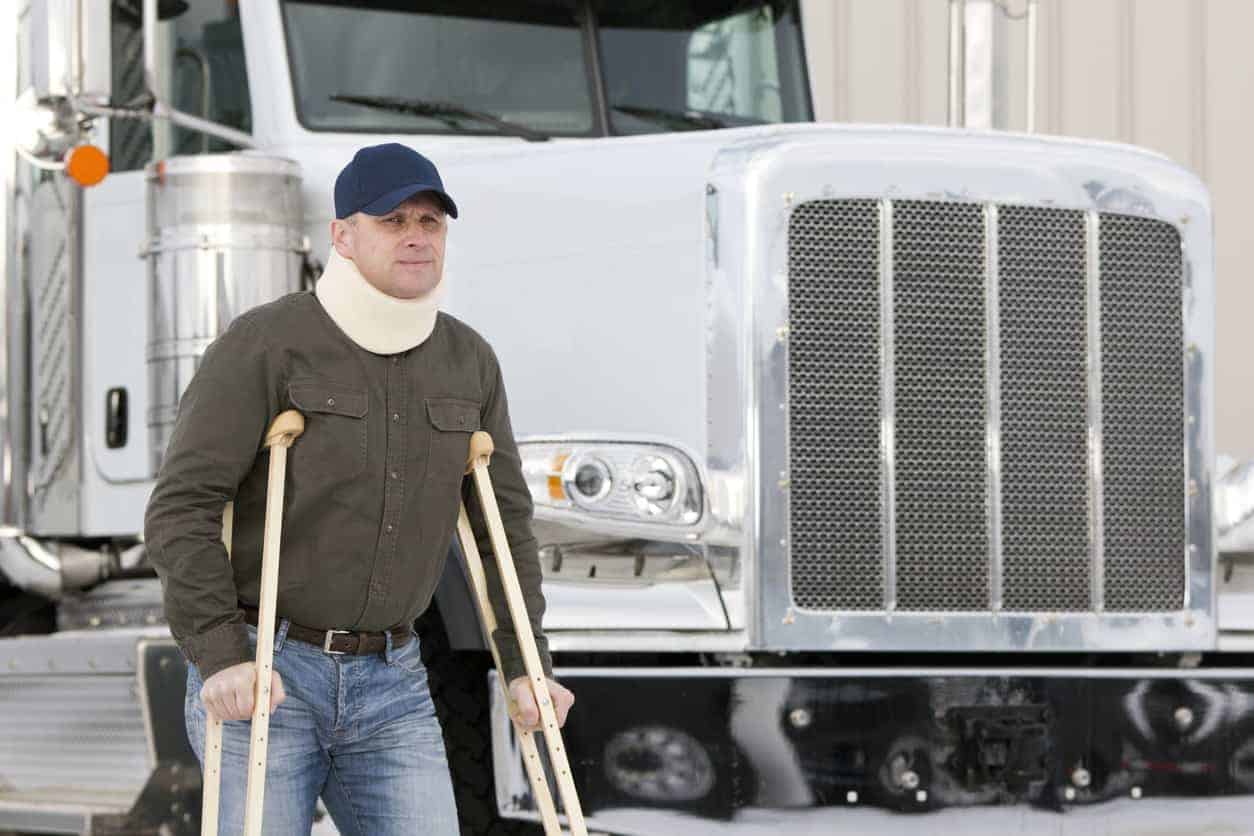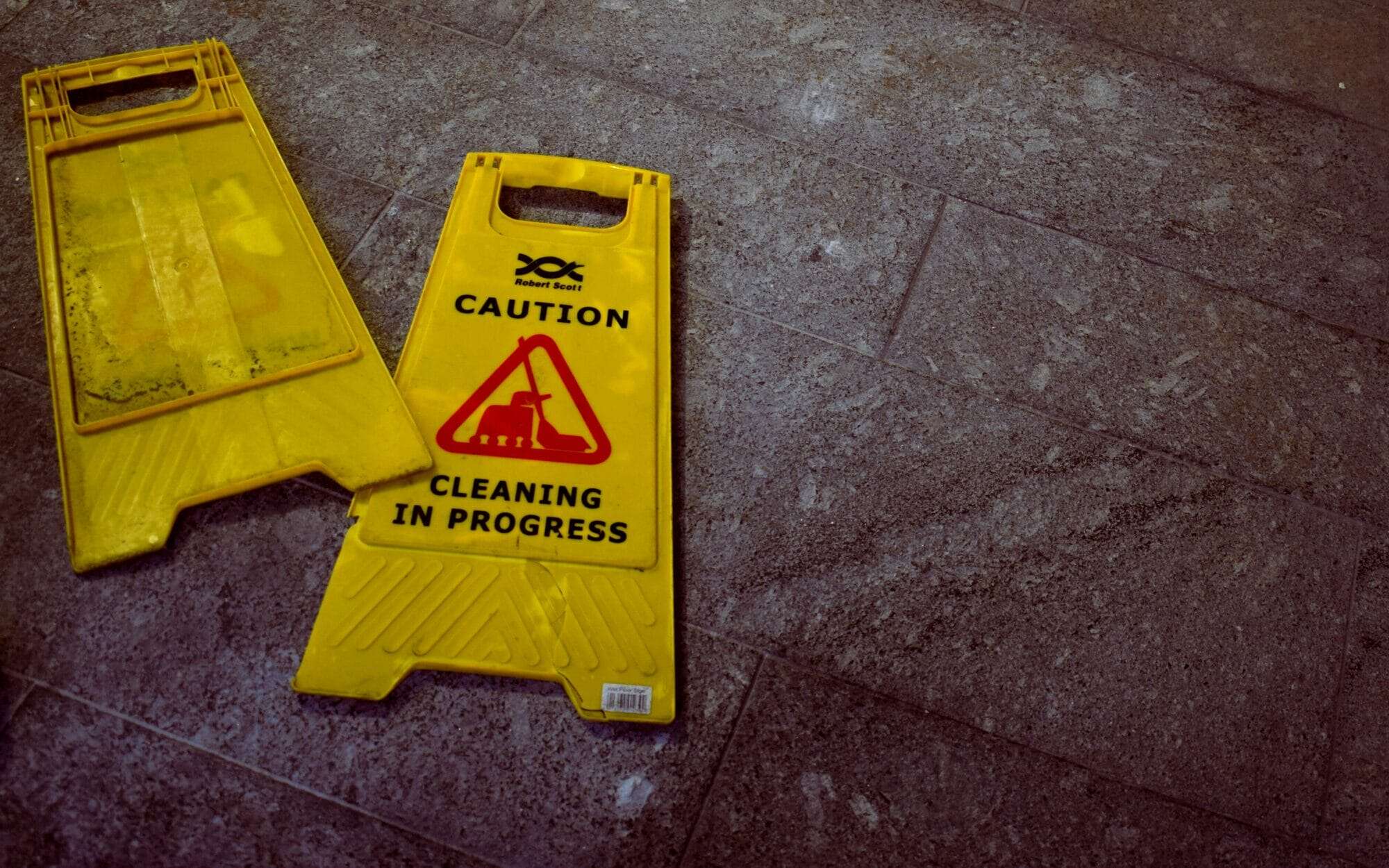Commercial truck accidents often cause severe, catastrophic injuries or death to occupants in passenger vehicles. Especially when a big truck like a tractor trailer causes an accident, recovering full compensation for injuries is much more complicated than when a passenger vehicle accident occurs. You need a truck accident attorney to help navigate the complex law.
Virginia law entitles you to receive compensation through a personal injury claim for your physical, financial, and emotional losses from the persons who are legally responsible for a commercial truck accident. If you lose a loved one in a truck accident, family members may be able to recover from those who caused the accident in a wrongful death action.
Virginia personal injury law applies to a truck accident case, but so do federal trucking laws and regulations. In addition, a truck crash claim frequently involves multiple insurance companies. The only way to ensure full recovery is to have an experienced Virginia trucking accident lawyer handle your claim.
Legal Responsibility in Virginia Commercial Truck Accidents
Under Virginia law, a person who negligently causes an accident is legally responsible (liable) for injuries resulting from the accident. A claim for injuries in a passenger vehicle accident usually involves securing compensation from the insurance company for the driver of the vehicle that caused the accident or, in some cases, the driver’s employer. In contrast, a commercial truck accident involving a large truck hauling cargo involves more potentially liable people and companies, and therefore more insurance companies.
One reason that truck accident cases are more complicated is that complex federal laws and regulations govern interstate trucking and apply to almost all large trucks that travel Virginia’s highways. Violation of those laws and regulations can provide a basis for liability in the event of an accident. Recovering on a claim requires knowing the federal truck laws and rules, in addition to understanding Virginia personal injury law.
Trucking regulations govern everything from how long truck drivers can work without rest, maintenance and inspection of trucks and trailers, and driving in extreme or hazardous conditions. Negligence in any one of those areas could contribute to the cause of an accident. In addition, the people involved in any aspect of a trucking operation might be legally responsible for an accident.
If a negligent truck driver caused an accident, making a claim includes filing with the driver’s insurance company. Depending on the circumstances, others — and their insurance companies — may also be liable. They include:
- Truck driver’s employer
- Owner or lessee of the truck (who often is not the driver)
- Owner or lessee of the trailer (who often is not the driver)
- Manufacturer of the truck or trailer
- Shipping company or loader
- Trucking broker
- Mechanics
It is not at all unusual for a claim for injuries from a commercial truck accident to involve multiple defendants and multiple insurance companies. Those who are potentially liable often reside or do business in a state other than Virginia, which is another complicating factor in a commercial truck accident.
Determining Liability in a Virginia Truck Accident
The starting point for determining who might be legally responsible for injuries from a truck accident involves gathering all relevant records and evidence to ascertain the facts and circumstances of the accident and determine the cause. Truck accidents can have many different causes, so collecting evidence usually means getting numerous records, including the driver’s logs, maintenance and inspection records for the truck and trailer, shipping and loading records, and more.
All the evidence must be analyzed in great detail to determine possible causes for the accident, which in turn determines the parties who may be liable. Then, the identity of each insurance company must be ascertained.
Collecting and analyzing evidence in a truck accident requires both legal and investigative knowledge and skill. An understanding of federal trucking laws and regulations also is essential.
If you receive injuries in a Virginia commercial truck accident, you should turn to a truck accident attorney with extensive experience in these complex cases. Recovering financial compensation requires collecting evidence and conducting legal analysis that you likely cannot accomplish on your own. Even an attorney who does not normally handle commercial truck accidents may not understand the full scope of the work required to substantiate a Virginia commercial truck accident claim.
Schedule a Free Case Evaluation with a Virginia Truck Accident Law Firm
At the Richmond, Virginia law firm of Renfro & Renfro, our truck accident attorney team has extensive experience assisting clients in commercial truck collision cases. We know the applicable federal laws and regulations, as well as how to locate all the relevant records that have a role in analyzing the cause of the accident. We negotiate aggressively with all the insurance companies that have potential liability.
Our law practice focuses solely on personal injury law and workers’ compensation. We dedicate ourselves exclusively to recovering full compensation for individuals and families when an accident causes injuries or death. In addition to helping clients with truck accident claims, we also assist families with recovering compensation through a Virginia wrongful death claim when they lose a loved one in a commercial truck accident.
At Renfro & Renfro, your initial consultation and case evaluation are always free of charge and without obligation. We welcome you to contact us to schedule an appointment with one of our Virginia truck accident lawyers.






